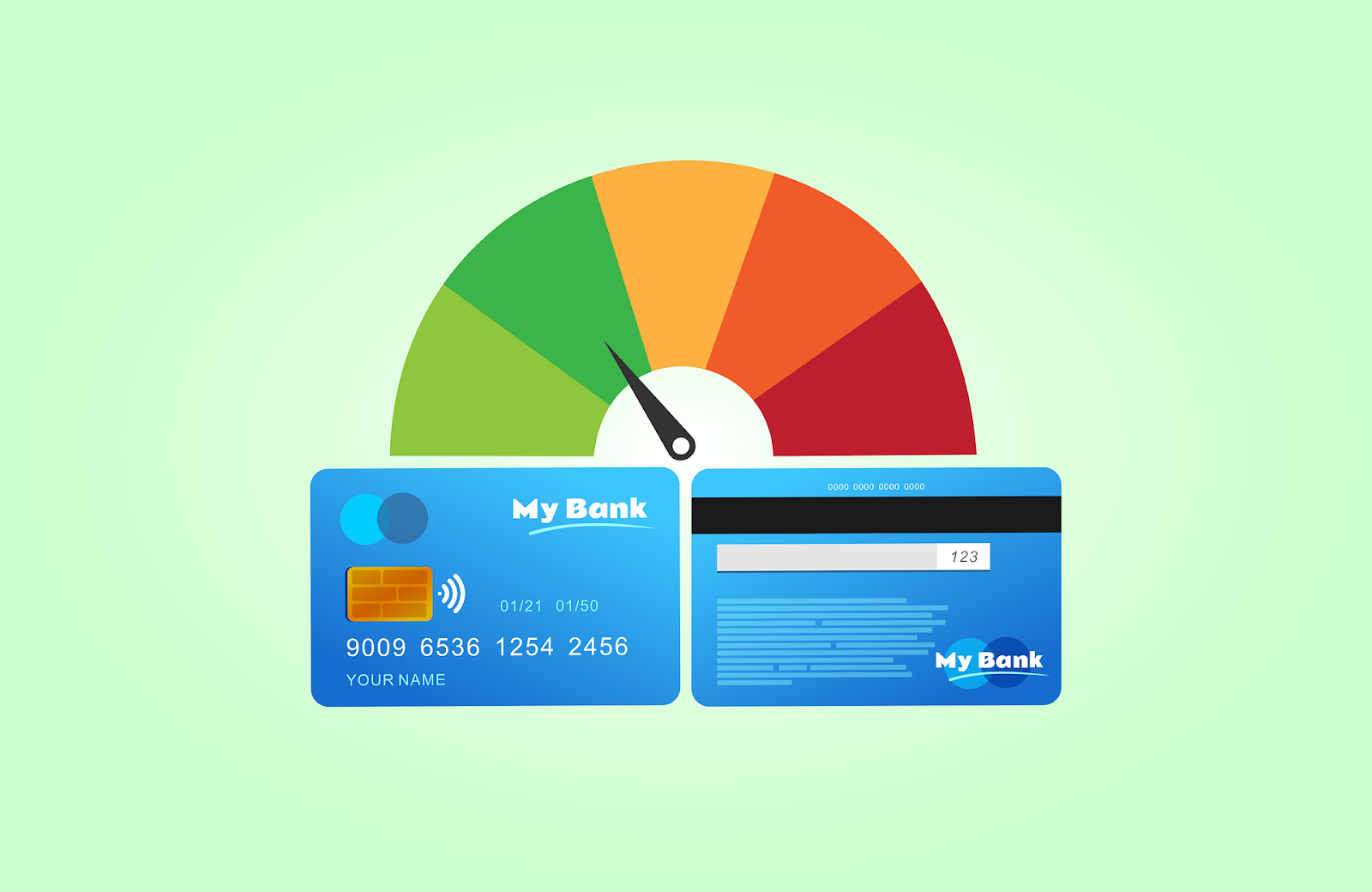Car loans can be an attractive financing option if you’re in the market for a new vehicle. Car loans have become increasingly accessible and affordable, offering competitive rates that make owning your dream car achievable and cost-efficient. However, it pays to do your research when buying a car. The type of loan you get will depend on factors like your credit score, income level, and other financial responsibilities. Knowing the basics of car loans and how to get one can help you make an informed decision when buying your dream car.
Estimate your budget
The first step to financing your dream car is to set a realistic budget. Consider the down payment, monthly payments, and loan length before shopping for a car. An excellent way to determine how much you can afford is to use an online calculator, which will estimate your monthly payments based on the loan amount and interest rate. Additionally, you must factor holiday tax loans into your budget if you plan on buying during the holiday season.
Research loan options
Once you know what kind of budget you are working with, research different types of loans available and understand the features they offer, such as interest rates and repayment terms. Comparing the different loan options will help you find the one that best fits your needs and financial situation. Also, explore other lending options such as credit unions or online lenders in addition to traditional banks. Furthermore, check to see if any special offers could help you get a better deal.
Check your credit score
Before applying for a car loan, check your credit score to determine whether you are eligible for a loan at all. Lenders use credit scores to evaluate an applicant’s risk and decide their loan eligibility. A higher score will generally get you better terms and a lower interest rate, while a lower score can significantly impact your chances of getting approved. Ensuring accuracy when checking your credit score is vital, as errors can affect your loan eligibility. Moreover, if you have a low credit score, you can increase your chances of getting approved by increasing your income, paying down debts, and improving your debt-to-income ratio.
Get pre-approved
Getting pre-approved for a car loan is a crucial step when financing your dream vehicle. It allows you to shop around and find the best deals without worrying about being denied due to poor credit or other factors. Pre-approval also gives you more leverage when negotiating a better deal from the dealership. The process usually involves submitting financial documents like bank statements, proof of income, and tax returns, allowing lenders to evaluate your risk profile and decide whether they will approve your loan application.
Negotiate the terms
Once you’ve been pre-approved for a car loan, it’s time to negotiate the terms. It’s essential to compare different offers and choose one that best fits your needs and budget. When deciding, consider factors like interest rate, repayment terms, and total loan cost. Consider negotiating with the dealer or lender for better terms and lower interest rates, especially if you have a good credit score. Once you have agreed to the terms, you can sign the loan agreement and take delivery of your car.
Car loan risks to be aware of
When financing a car, it’s essential to be aware of the potential risks associated with taking out a loan. Car loans come with challenges and pitfalls that could result in you paying more than expected or even defaulting on your payments. Additionally, ensuring that the loan amount and repayment terms are suitable for your budget and financial situation is vital.
High-interest rate
One of the main risks of taking out a car loan is that you might pay more than expected due to a high-interest rate. Interest rates vary from lender to lender and typically depend on your credit score, the amount you’re borrowing, and the loan term length. The higher your credit score, the lower the interest rate, saving you money in the long run. However, if your credit score is low, lenders may charge higher interest rates to compensate for the risk of default.
Negative equity
Another risk associated with car loans that you should be aware of is negative equity. Therefore, when the car’s value depreciates faster than you’re paying off your loan, leaving a balance higher than the car is worth. This situation can arise if you take out a long-term loan or purchase an expensive vehicle with a short repayment period. It can lead to financial distress and even bankruptcy if you can’t make the payments.
Unaffordable payments
Another risk associated with car loans is taking on an unaffordable car loan payment. When taking out a car loan, you must be realistic about how much you can afford each month and stick to that amount. Taking on an unaffordable car loan repayment could lead to missed payments, late fees, or even defaulting on the loan. To avoid this risk, factor in all your expenses when deciding how much you can afford to pay each month.
















